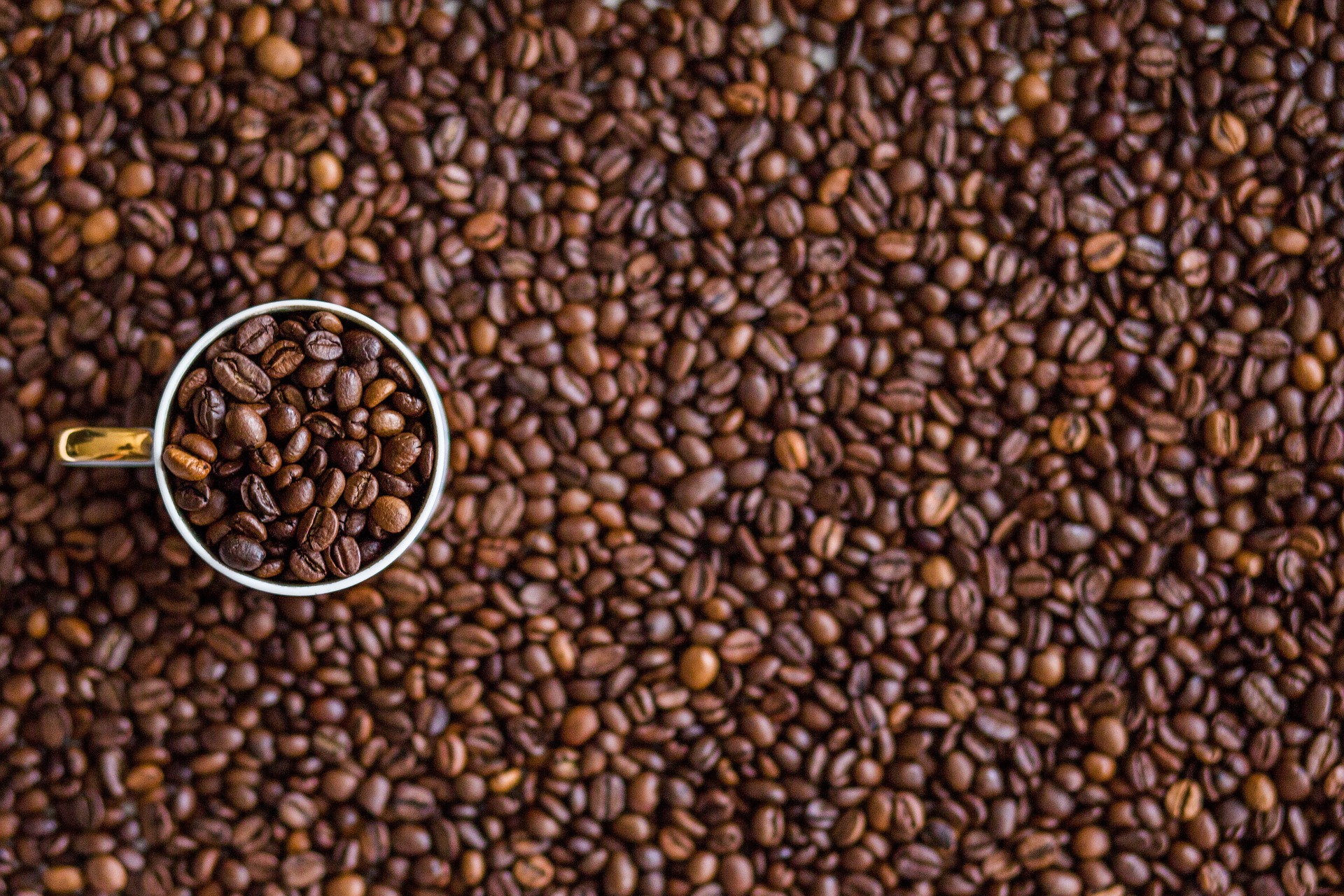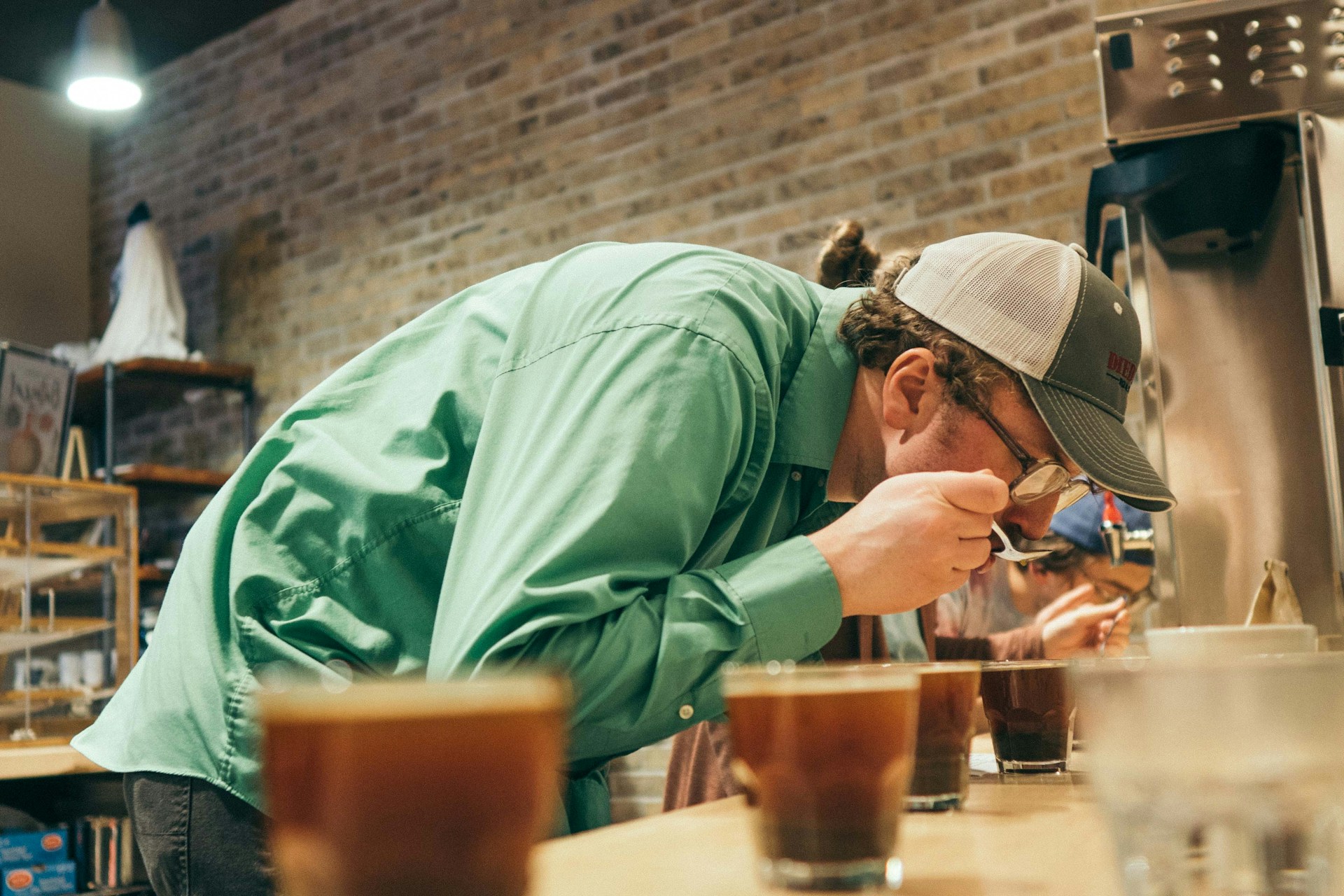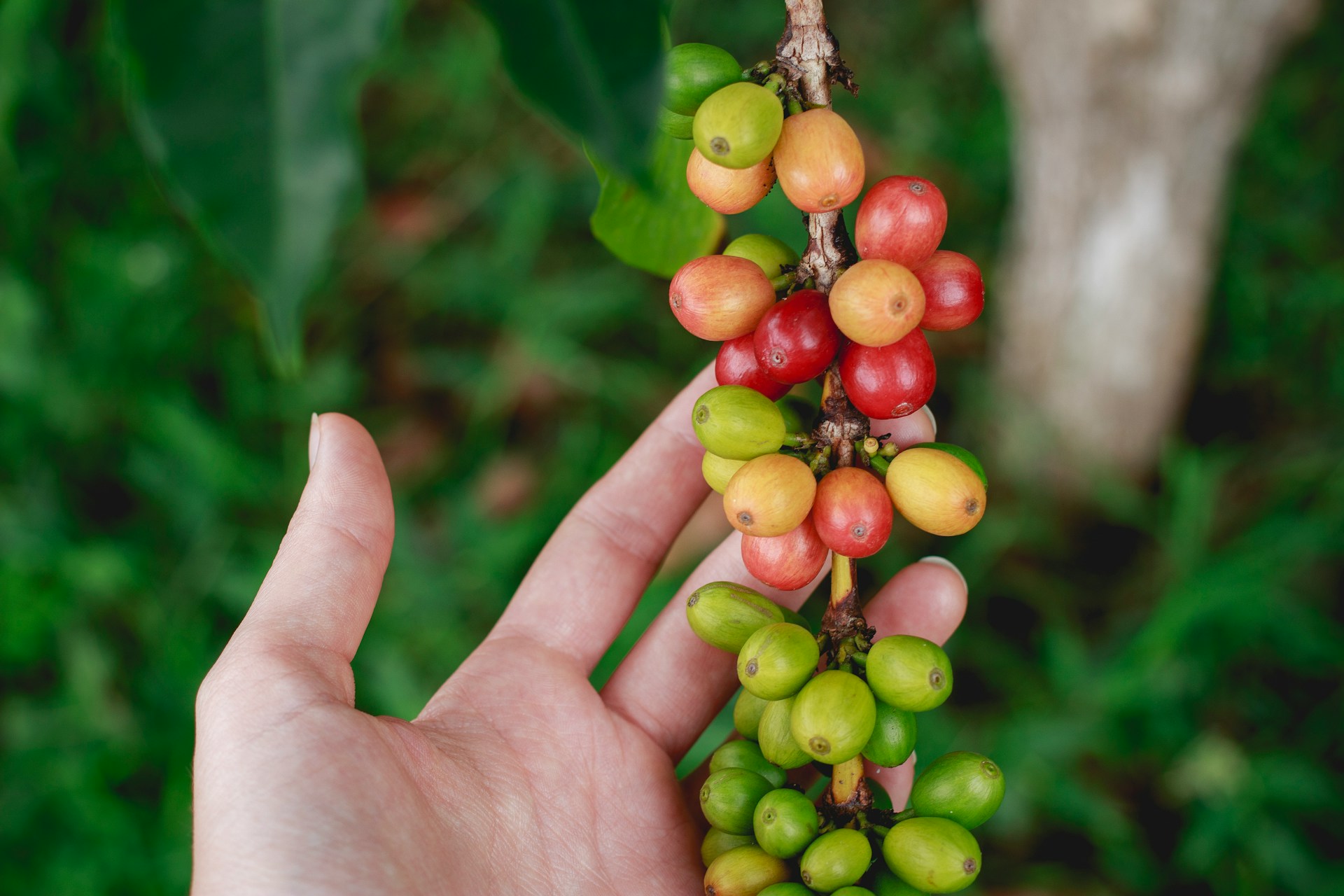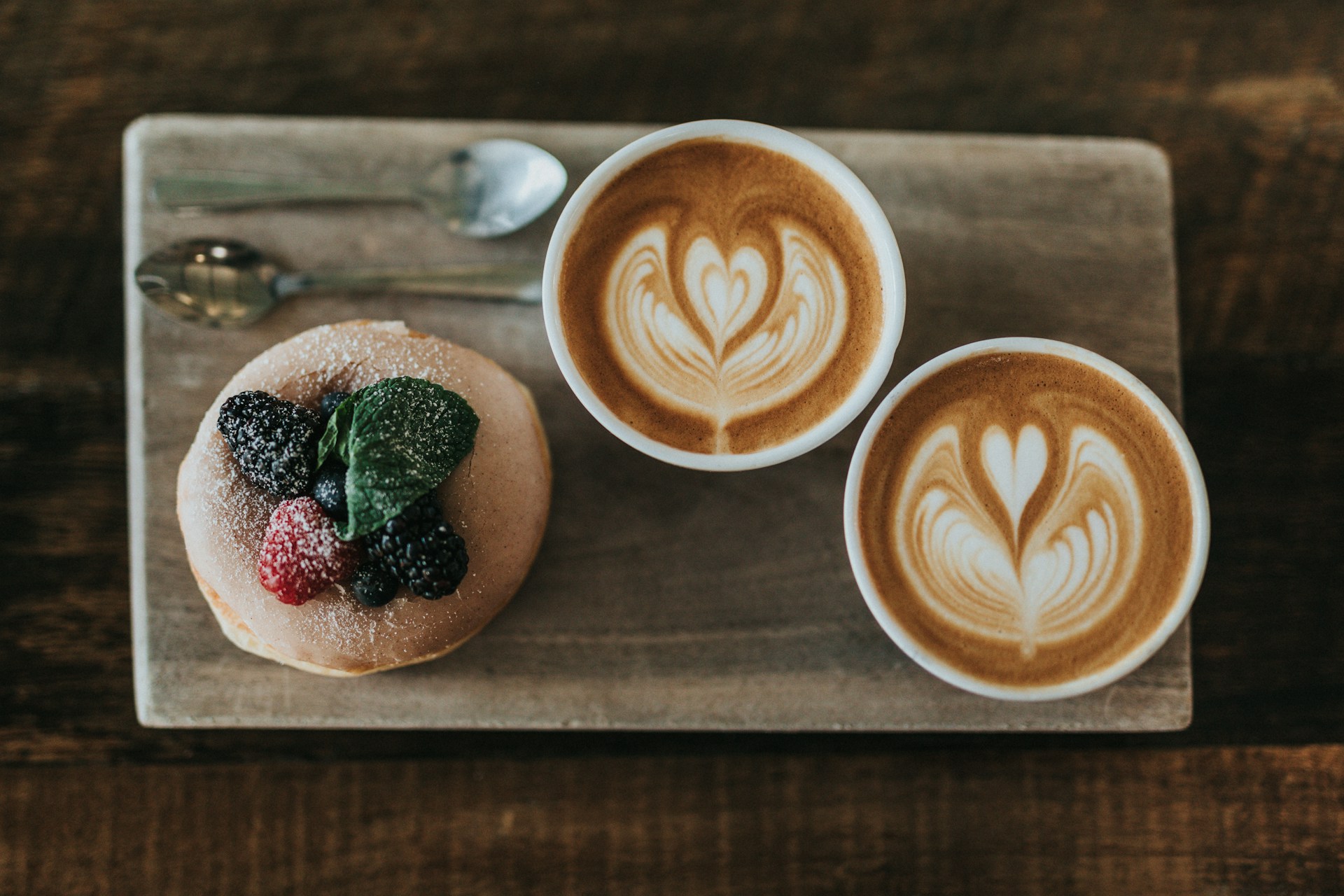Keeping coffee beans and grounds in good condition is essential to creating an excellent brew.
Our years of experience creating delicious brews means we know plenty of interesting facts about coffee beans, including the more practical side, such as how to store them and keep them fresh.
Whether you’re consuming coffee at home or own a coffee shop, explore our tips below so you can ensure both your beans and grounds will last as long as possible.
Coffee Beans vs Ground Coffee: How Long Do They Last?
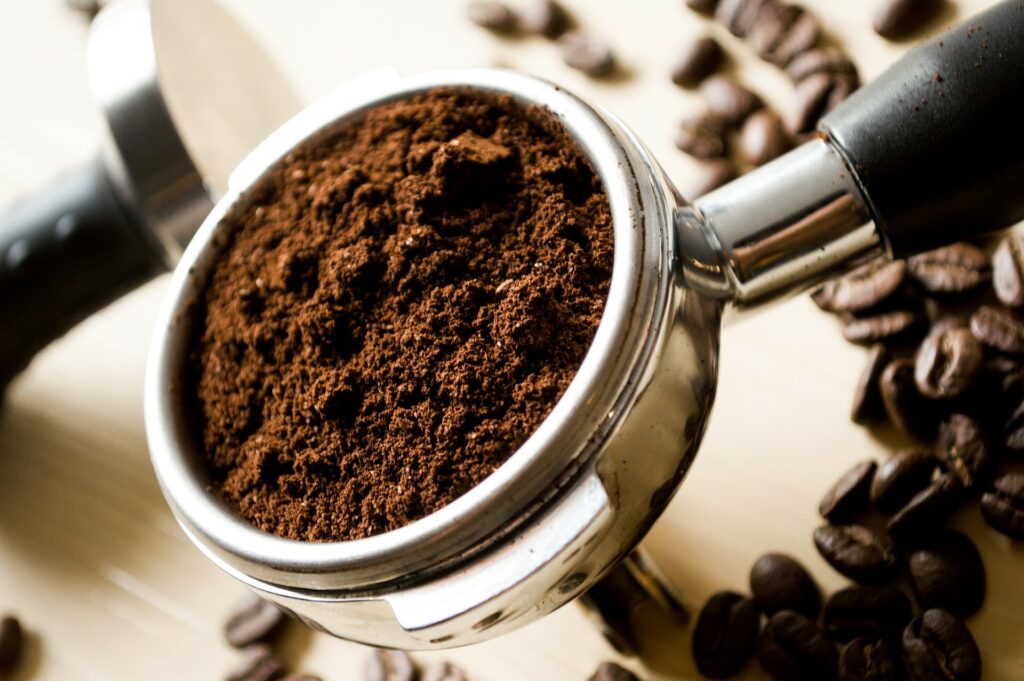
Because coffee grounds and beans don’t technically ‘go off’, it can be difficult to deduce a precise expiration date, especially as it will vary depending on the source and quality of the product.
Classed as dried goods, these products aren’t subject to mould or rot and can potentially last for years, which is why you won’t typically find a best-before date on the packaging. However, coffee beans have a long journey before they reach the brewing stage, so as you can imagine, the freshness factor does have an expiration date.
Staleness robs coffee of its strength and flavour once the beans start to oxidise, so even if years-old coffee beans are technically drinkable, you can expect them to produce an unpleasant and dull taste. Great as an emergency apocalypse beverage, bad as an everyday cup of refreshment.
As a general rule of thumb, we suggest using coffee beans within the first two weeks after the packaging has been opened to sate your caffeine cravings at peak quality.
How Long Does Ground Coffee Last?
In contrast, ground coffee has a much shorter shelf life than beans do, oxidising quicker because of the increased surface area. We suggest using them within the first week after the packaging has been opened.
Ways to Extend the Lifespan of Coffee Beans and Grounds
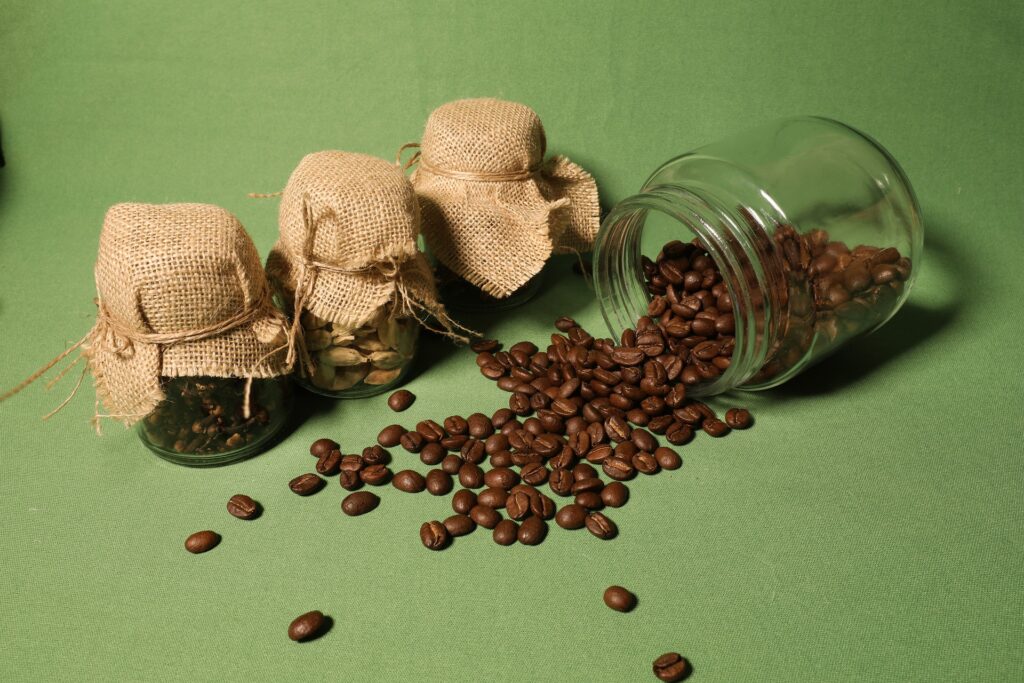
Below, we’ve compiled a few ways you can make coffee beans and grounds last longer than their expected shelf-life.
Store Them Safely
Follow these simple steps to preserve your coffee beans and grounds:
- Put them in an airtight container or vacuum sealed bag.
- Avoid exposure to moisture or direct sunlight.
- Store them in a dry and cool place, such as inside a cupboard, cabinet, pantry or even the freezer.
An unopened, sealed pack of beans can retain a satisfactory flavour anywhere from 6-9 months. If the pack is opened, you have around 6 months before they lose their kick.
For grounds, an unopened pack will last approximately five months and still be satisfactory. If opened, 3-4 months.
Why Are Sustainably Sourced Coffee Beans Important?
A surefire way of making coffee beans last longer is through procuring Fairtrade and organically sourced beans, as the quality of coffee beans affects the main components of a cup of coffee, such as the following:
- Taste.
- Aroma.
- Freshness.
Some may opt for non-Fairtrade coffee beans as they tend to be cheaper, but sometimes low prices are cause for suspicion. Chances are, the farmer who produced the beans did not receive adequate pay for their hard work.
Not only is this practice exploitative, but it has a knock-on effect of coffee farmers sacrificing quality for quantity due to low pay. Naturally, this will affect the calibre of the beans and, therefore, their lifespan. Spend that bit extra, and the results will reveal themselves in your cup.
Are Esquires Coffee Beans Sustainably Sourced?
You’ll be able to tell if your favourite coffee brand cares about sustainability by how transparent they are about their supply chain.
At Esquires Coffee, our artisan coffee shops in the UK are bolstered by a vested dedication to making sure all the ingredients on our menu are organic and sustainably sourced. Ask any one of our baristas where they can trace the coffee back to, and they’ll tell you the farm it was grown on.
Our beans take longer to grow because they are produced with traditional, environmentally-friendly farming methods. Furthermore, there are no additional chemicals, meaning the beans are as fresh and organic as possible.
This organic, ethical approach is the only approach that matters when it comes to sustaining the longevity of coffee beans.
